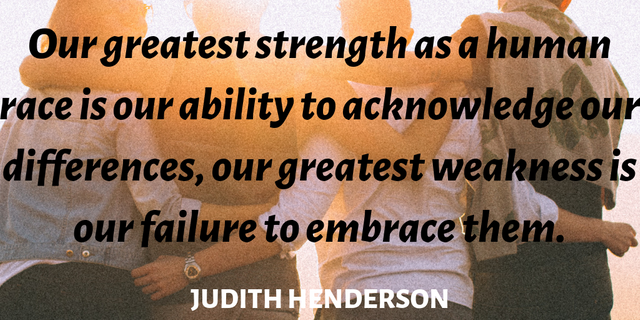Morality, culture, religion and nature all teach us in different ways to mark a distinction between good and bad, right and wrong, appropriate and inappropriate, sweet and bitter, edible and inedible, charming and disgusting, beautiful and ugly, fair and unfair, etc.
The concept of good and bad is relative from one person to another, from community to community, from one association to another and so on. Right or wrong is basically discerned by weighing actions and intentions on the scale of the rules and regulations guiding that jurisdiction.

Image Source
Before a person takes an action, he is expected to x-ray his intentions based on what is acceptable around him. With this, he decides what should be and what should not be. Likewise, when an action is taken, which is considered to be inappropriate, it is also judged with the values or the standards acceptable in that environment. Since ways of life differ across sects and races, standards also differ. This means what is considered right in one gathering is gravely frowned at in another gathering. What is permissible in one village is a taboo in another.
When a young man in a particular community sees a snake for instance, he may relate to it as a companion, a neighbour or a deity. Another man elsewhere sees a snake as danger; he therefore puts up a wall of defense and devices a means of ending that menace. While it is normal and right to some people for a parent to punish an erring child with some strokes of the cane, it is considered an abuse and a punishable offense in other climes.

source
Concerning choice of food, people have different inclinations, based on ingredients, mode of preparation, organic or inorganic, and so on. The idea of good and bad is learned. Does an infant perceive the smell of fart as offensive or disgusting? No! Not until he is taught. Some people also believe it is offensive or wrong not to cook herbs before consumption, while others are indifferent about it.
Given that right or wrong is relative therefore, it is important that you deal with everyone with some level of tolerance and understanding. It is also important to adhere to the values, standards or rules of a new society or association that you may belong to. When you understand that your right is another person's wrong, you will be able to deal with everyone with understanding, thereby promoting peace and harmony.
An underlining factor that rules a clear difference between right and wrong is the effect that your action has on you or on other people. If your relationship with others is parasitic or your actions are destructive, then you should know clearly on which side of ethics you stand. Do a thorough evaluation of your intents while relating with others, and do not be quick to judge controversial actions as right or wrong until you understand the circumstances that surround it.


Thank you very much for reading this post, I appreciate your contributions. Remember also to always check back.
I am...
 ***
***

I am a Proud Member of

We all want to stand in the choice of right but most times, what we even think is right always turns out to be wrong and then we are confused on what to do
Downvoting a post can decrease pending rewards and make it less visible. Common reasons:
Submit
I have loved your publication, certainly "the good or the bad" is something that changes over the years and what you say about culture and society is very true. That is why they say that truths are relative, that each person sees things according to his perspective and hence that for some people there are situations that are bad, others will be good.
Downvoting a post can decrease pending rewards and make it less visible. Common reasons:
Submit
You're very correct Alana. Sometimes people do things they appear good for the wrong reasons. However, someone may do some harsh things for the right reasons.
For example, a child may perceive discipline to be punishment/suffering. Likewise, a parent may be already assaulting a child, but think he is correcting or punishing him for a wrongdoing. It's all relative
Downvoting a post can decrease pending rewards and make it less visible. Common reasons:
Submit